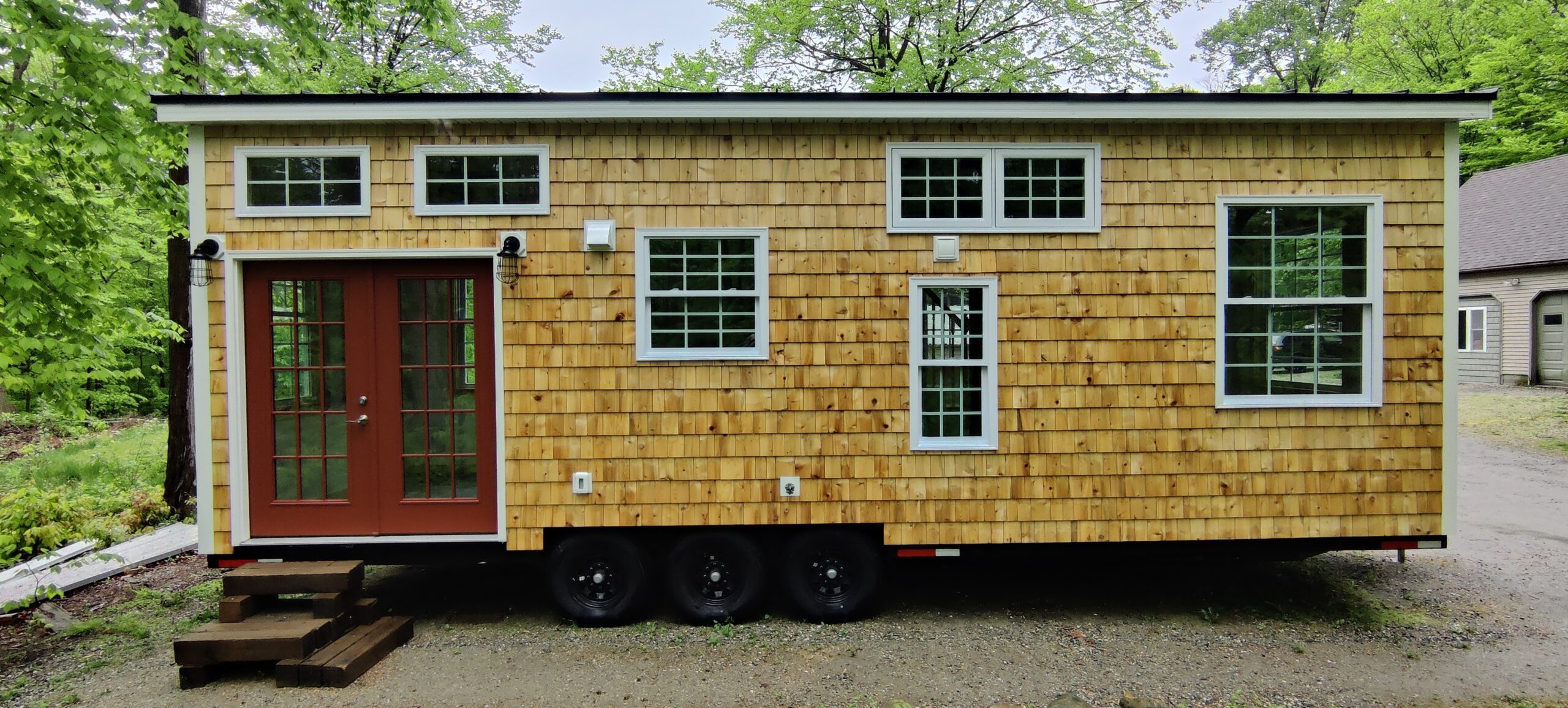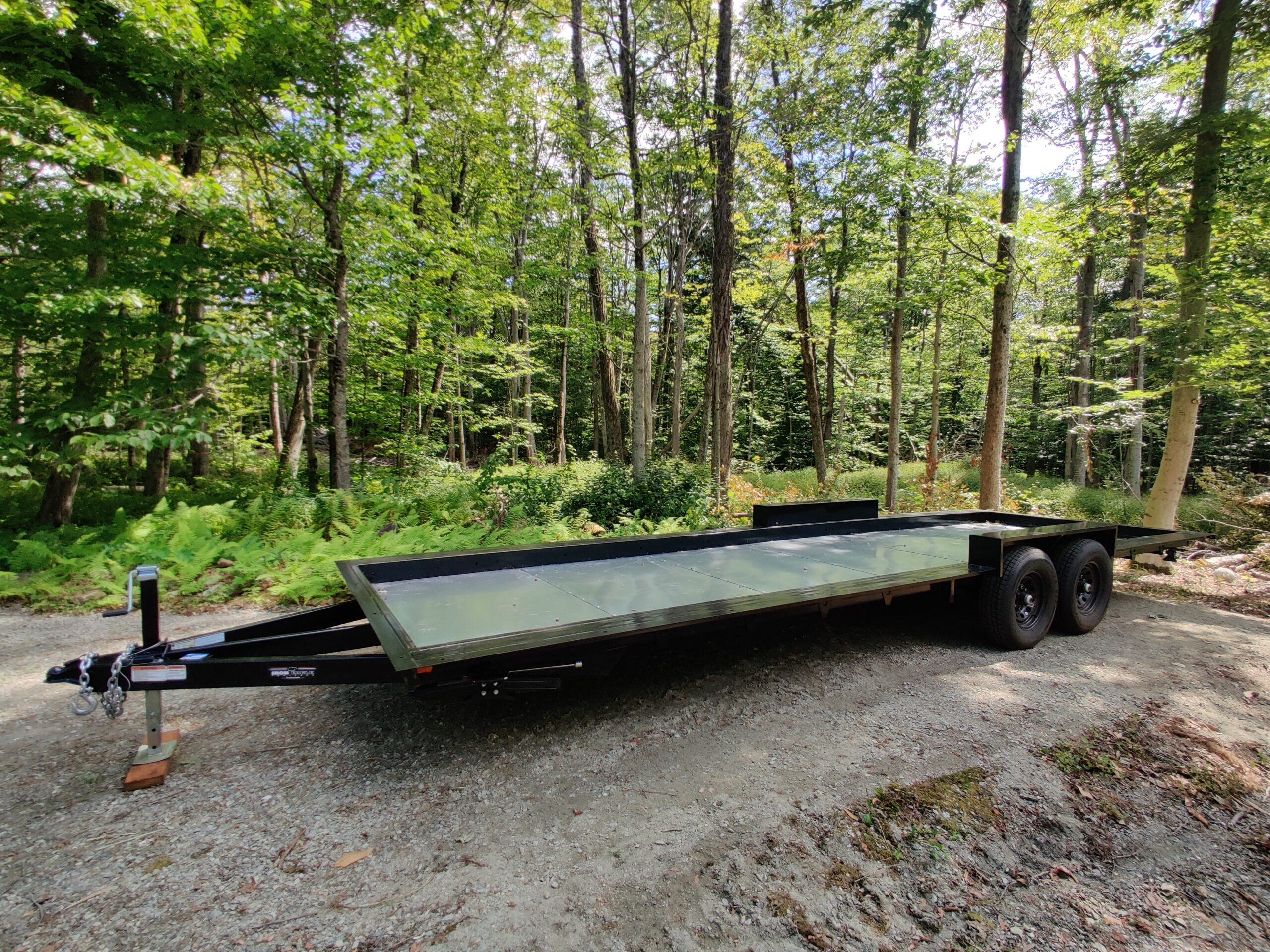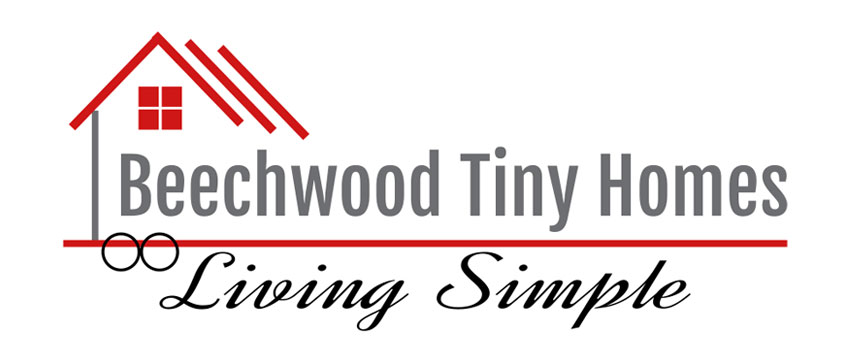

Building a Tiny Home on Wheels (THOW) is an exciting adventure, but before you hit the road, there are some important things to consider—starting with the trailer underneath your home. The FMCSA and DOT have laid out key regulations to ensure your trailer is not only safe but also road legal. From weight limits to braking systems, these rules might sound technical, but they’re essential to protecting your home and your investment. Whether you’re opting for a custom-built trailer or thinking about repurposing an old one, understanding these guidelines will help you make informed choices and avoid headaches down the road. Here’s a quick breakdown of what you need to know!
- Weight Capacity (GVWR and GAWR):
Your trailer must be rated for the weight of your home. That’s where the Gross Vehicle Weight Rating (GVWR) and Gross Axle Weight Rating (GAWR) come in. These ratings tell you how much weight the trailer can safely handle. Going over these limits is dangerous and can lead to penalties(Work Truck News)(Metalphoto Cincy). - Brakes:
The FMCSA requires trailers to have a synchronized braking system, meaning the brakes on the trailer need to work in tandem with those on the towing vehicle. Electric brakes are often the go-to option for THOWs, as they meet these standards(Work Truck News). - Lighting and Reflectors:
Having the right lighting is crucial. Trailers must have functional brake lights, taillights, and side reflectors to ensure visibility, especially when driving at night. This ensures your trailer meets FMVSS No. 108 standards, which dictate where reflectors should be placed(Metalphoto Cincy). - Safety Chains and Hitching:
Every trailer should have safety chains or cables that keep it attached to the towing vehicle, even if the hitch fails. These chains are your backup plan, ensuring that the trailer won’t detach on the road(Federal Motor Carrier website).
Repurposing an Older Trailer: What You Should Know
Thinking about reusing an old trailer for your tiny home? While it can be a tempting, cost-effective option, there are some important things to keep in mind.
Pros:
- Cost Savings: Using a secondhand trailer is often cheaper upfront than buying a new one.
- Eco-Friendly: Repurposing materials is good for the environment, and using an old trailer reduces the need for new manufacturing.
Cons:
- Weight Capacity: Many older trailers weren’t built to carry the weight of a tiny home. It’s essential to check the GVWR and GAWR to ensure they can handle your home’s load.
- Outdated Components: Older trailers may lack modern safety features, like electric brakes or proper lighting, and bringing them up to FMCSA standards can be costly and time-consuming.
- Licensing Challenges: If the trailer doesn’t meet current regulations, you might face issues when it comes to licensing or registering it for road use.
Why We Only Use Purpose-Built Trailers
At Beechwood Tiny Homes, we understand how critical the trailer is to your home’s overall safety. That’s why we use brand-new, purpose-built trailers designed specifically for tiny homes. These trailers are built to carry the weight and dimensions of our homes, ensuring they meet FMCSA and DOT regulations from the start. When you choose Beechwood, you can rest easy knowing your home is built on a solid, road-legal foundation.
If you’re set on building your own tiny home and plan to reuse an old trailer, be sure to:
- Verify its GVWR and GAWR to confirm it is strong enough for your tiny home.
- Make sure the trailer has a working braking system that complies with FMCSA standards.
- Ensure the trailer is properly licensed for road use.
Ready to Learn More?
Building a tiny home on wheels can be an exciting journey, but ensuring compliance with trailer safety standards is key to a successful project. Need help figuring out trailer options? Contact us today, and we’ll guide you through the process of choosing the right trailer.
Looking for more tips? Visit our Resource Page for helpful articles and updates on building your dream tiny home!

